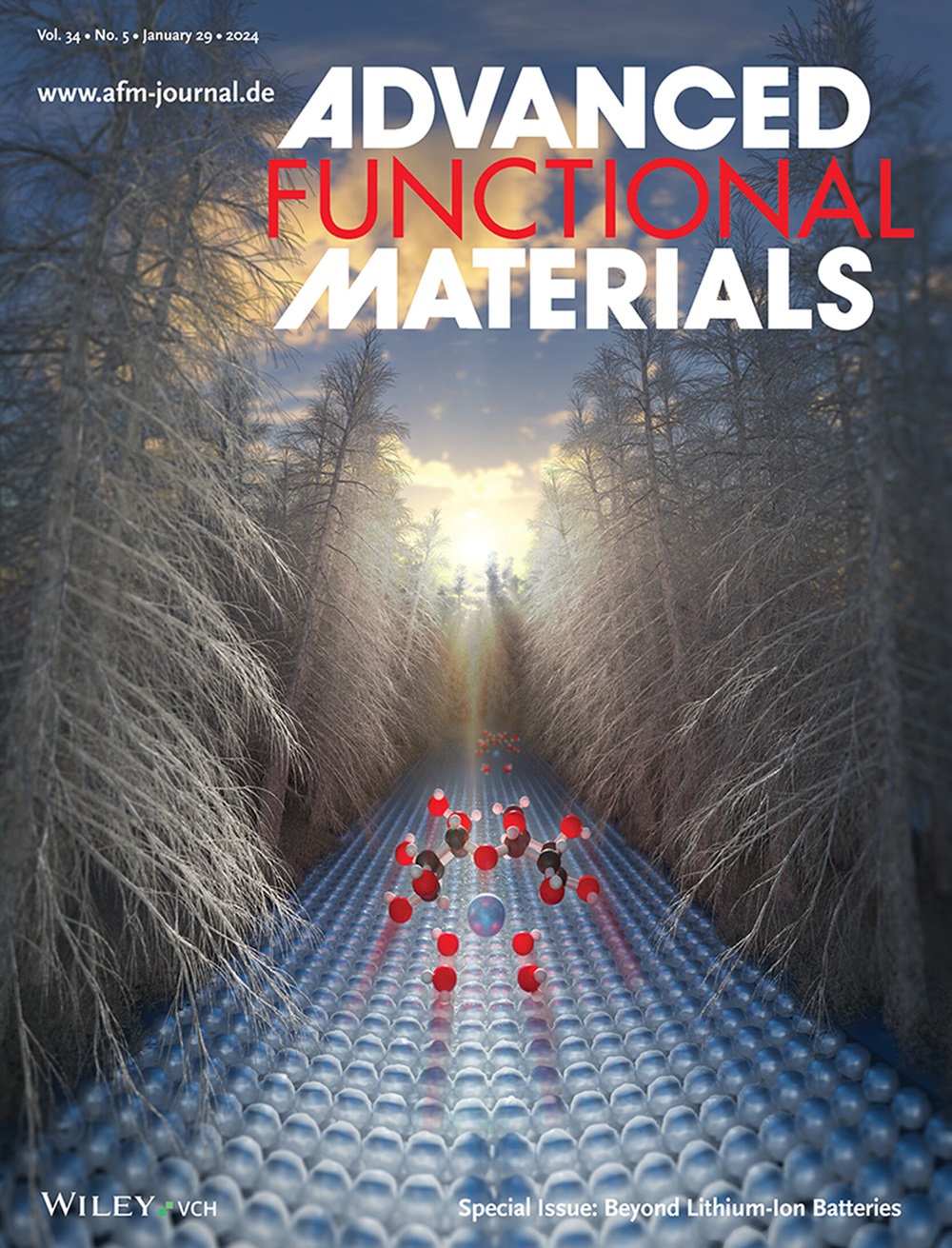Rapid Diagnostics of Reconfigurable Intelligent Surfaces Using Space‐Time‐Coding Modulation
IF 18.5
1区 材料科学
Q1 CHEMISTRY, MULTIDISCIPLINARY
引用次数: 0
Abstract
Reconfigurable intelligent surfaces (RISs) have emerged as a key technology for shaping smart wireless environments in next‐generation wireless communication systems. To support the large‐scale deployment of RISs, a reliable and efficient diagnostic method is essential for maintaining optimal performance. In this work, a robust and effective approach for RIS diagnostics is proposed using a space‐time coding strategy with orthogonal codes. The proposed method encodes the reflected signals from individual RIS elements into distinct code channels, enabling the recovery of channel power at the receiving terminals for fault identification. Theoretical analysis shows that normally functioning elements generate high power in their respective code channels, whereas faulty elements exhibit significantly lower power. This distinction enables rapid and accurate diagnostics of the elements’ operational states through simple signal processing techniques. Simulation results validate the effectiveness of the proposed method, even under high fault ratios and varying receiving angles. Proof‐of‐principle experiments on two RIS prototypes are conducted, implementing two coding strategies: direct and segmented. Experimental results in a realistic scenario confirm the reliability of the diagnostic method, demonstrating its potential for large‐scale RIS deployment in future wireless communication systems and radar applications.空间-时间-编码调制可重构智能表面的快速诊断
可重构智能表面(RISs)已成为下一代无线通信系统中塑造智能无线环境的关键技术。为了支持RISs的大规模部署,一种可靠而有效的诊断方法对于保持最佳性能至关重要。在这项工作中,提出了一种鲁棒和有效的RIS诊断方法,使用正交编码的时空编码策略。该方法将来自单个RIS单元的反射信号编码到不同的编码信道中,使接收端能够恢复信道功率以进行故障识别。理论分析表明,正常工作的元件在各自的码道中产生较高的功率,而故障元件的功率明显较低。这种区别可以通过简单的信号处理技术快速准确地诊断元件的运行状态。仿真结果验证了该方法在高故障率和不同接收角度下的有效性。在两个RIS原型上进行了原理验证实验,实现了两种编码策略:直接和分段。在现实场景中的实验结果证实了该诊断方法的可靠性,展示了其在未来无线通信系统和雷达应用中大规模部署RIS的潜力。
本文章由计算机程序翻译,如有差异,请以英文原文为准。
求助全文
约1分钟内获得全文
求助全文
来源期刊

Advanced Functional Materials
工程技术-材料科学:综合
CiteScore
29.50
自引率
4.20%
发文量
2086
审稿时长
2.1 months
期刊介绍:
Firmly established as a top-tier materials science journal, Advanced Functional Materials reports breakthrough research in all aspects of materials science, including nanotechnology, chemistry, physics, and biology every week.
Advanced Functional Materials is known for its rapid and fair peer review, quality content, and high impact, making it the first choice of the international materials science community.
 求助内容:
求助内容: 应助结果提醒方式:
应助结果提醒方式:


